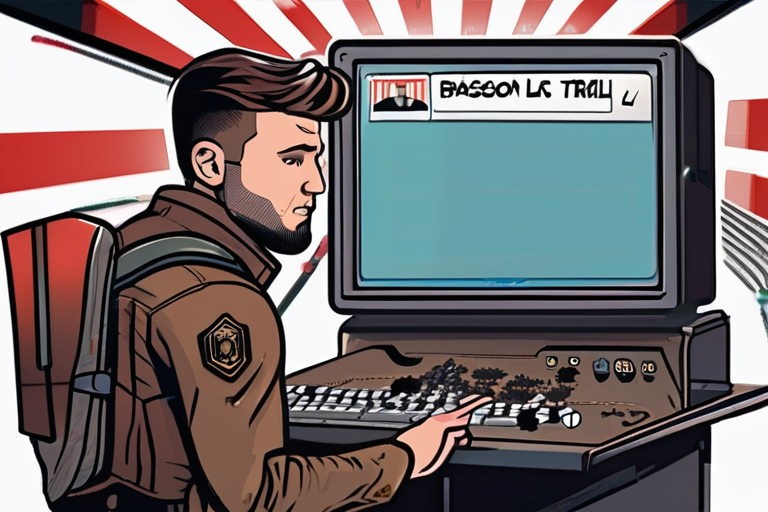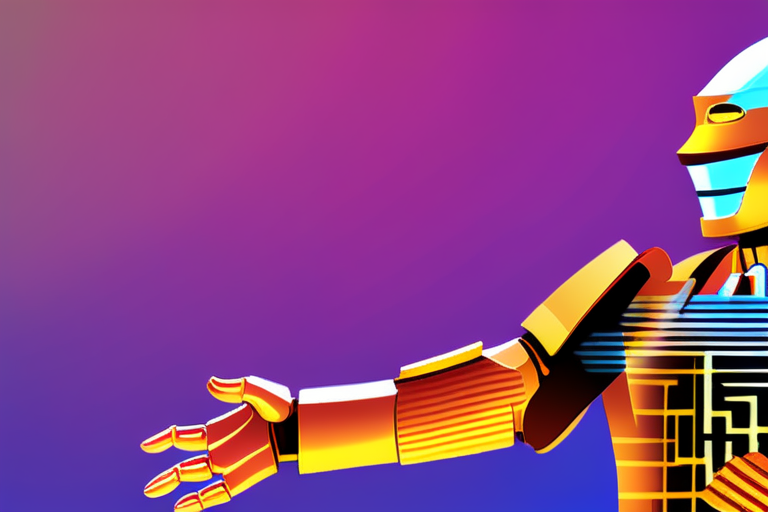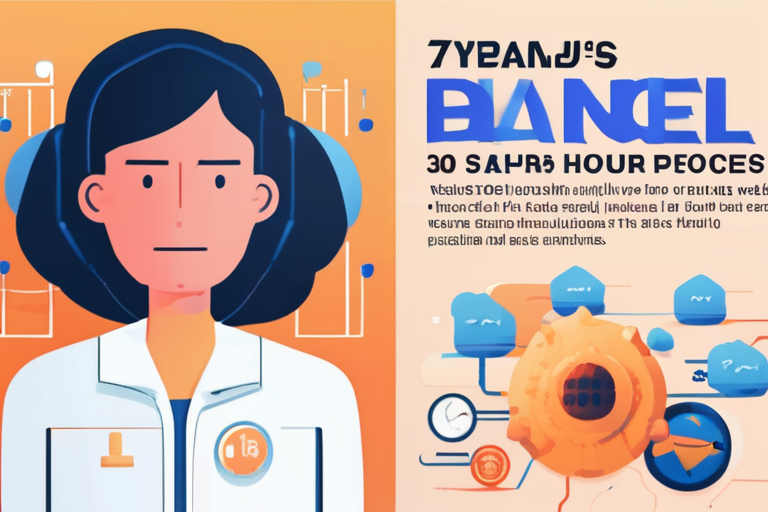AI Skills Leapfrogging: The Surprising Role of Reinforcement Learning


Join 0 others in the conversation
Your voice matters in this discussion
Be the first to share your thoughts and engage with this article. Your perspective matters!
Discover articles from our community

 Hoppi
Hoppi

 Hoppi
Hoppi

 Hoppi
Hoppi

 Hoppi
Hoppi

 Hoppi
Hoppi

 Hoppi
Hoppi

BREAKING NEWS: Duchess of York Ousted from Four Charities Amid Epstein Email Scandal The Duchess of York, Sarah Ferguson, has …

Hoppi

CultureA MAGA influencer says theres no space for her in womens media. Is she right?The weird lie animating the right-wing …

Hoppi

A Glimmer of Hope: Trump and Netanyahu's Plea to Hamas As the sun set over the White House, US President …

Hoppi

Authorities Uncover Shocking Details in Charlie Kirk Assassination In a stunning turn of events, authorities have revealed that the alleged …

Hoppi

Asia Takes the Lead in Using AI to Combat Fraud In a bid to stay ahead of cybercriminals, financial institutions …

Hoppi

Anthropic Releases AI Model That Maintains Focus for 30 Hours on Complex Tasks On Monday, Anthropic unveiled its latest language …

Hoppi